Engineering Welcomes 13 New Faculty and Staff
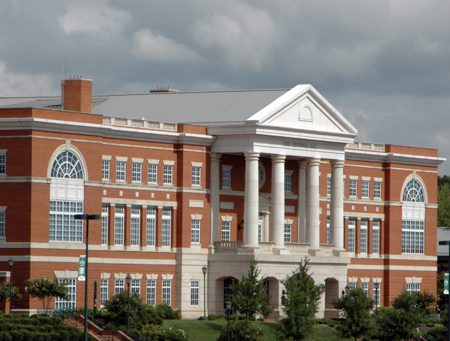
The William States Lee College of Engineering is proud to welcome 13 new faculty and laboratory staff members in 2011. Many of these new hires will be important additions to our growing Energy Production and Infrastructure Center (EPIC). The North Carolina General Assembly has appropriated $5 million in recurring funds to hire 37 positions for EPIC over the next few years. The Charlotte region is growing in stature as the nation’s energy engineering capital, and these new hires will play a vital role in educating the next generation of energy engineers and performing cutting-edge energy research.
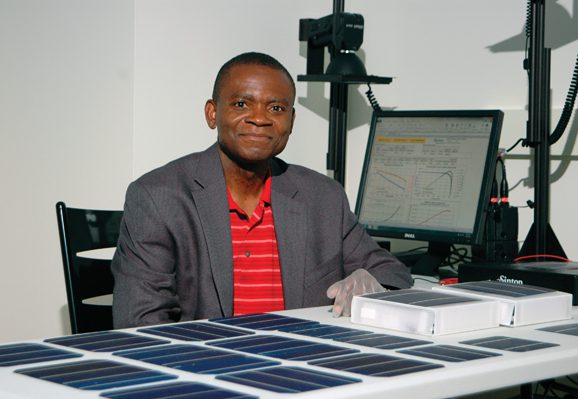
Dr. Abasifreke Ebong
Professor of Electrical and Computer Engineering
Ph.D. in Electrical and Computer Engineering, The University of New South Wales, Sydney Australia, 1995
Dr. Ebong is a specialist in semiconductor devices. He comes to UNC Charlotte from the Georgia Institute of Technology, where he was assistant director and principal research engineer for solar cells study at the University Center of Excellence for Photovoltaic Research and Education.
Research interests:
- Design, modeling, characterization and analysis of solar cells including crystalline, thin films and organic solar cells
- Low-cost and high efficiency solar cells (Silicon, III-V etc.)
- Characterization and understanding of solar cell materials – contacts and interfaces
- Surface passivation of electron devices
- III-V light emitting diodes for solid state lighting
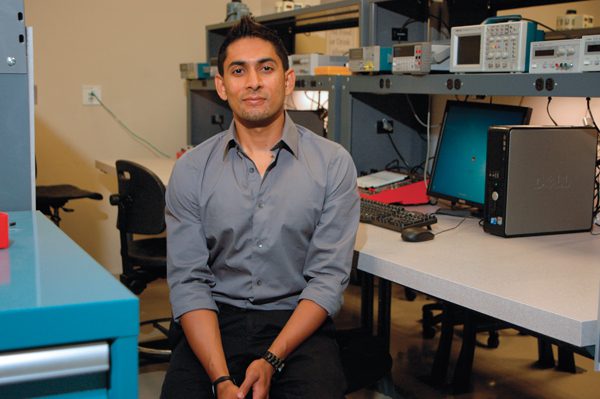
Dr. Aravind Kailas
Assistant Professor of Electrical and Computer Engineering
Ph.D. in Electrical and Computer Engineering, Georgia Institute of Technology, 2010
Dr. Kailas leads the Algorithms, Models and Systems Laboratory at UNC Charlotte. His research efforts are on developing interdisciplinary research tools and techniques for the analysis, manipulation and transmission of information in diverse settings. Of particular emphasis are problems that lie at the intersection of energy-efficient communication systems and health care.
Research interests:
- Diversity techniques and decentralized cooperative protocols in energy-constrained networks
- Energy harvesting and power-aware system design for wireless networks
- Pervasive health care and body area networks
- Biologically inspired solutions for problems related to communication, energy-efficiency and reliability of wireless and mobile links
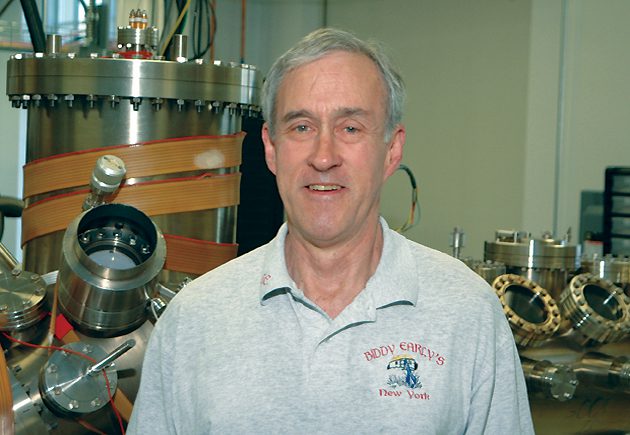
Biemann A. Martin
EPIC Laboratory Manager, Electrical and Computer Engineering
Master of Science in Electrical Engineering, UNC Charlotte, 2005
Mr. Martin’s background is in epitaxial growth of compound semiconductor films, predominantly III-Nitride materials by molecular beam epitaxy (MBE) and metalorganic chemical vapor deposition (MOCVD). Recent work includes the development of a superatmospheric III-nitride reactor, setup of the EPIC Undergraduate Power Laboratory, and establishment of a new materials growth facility.
Research interests:
- Epitaxial growth of compound semiconductor materials through molecular beam epitaxy and metalorganic chemical vapor deposition
- X-Ray diffractometry
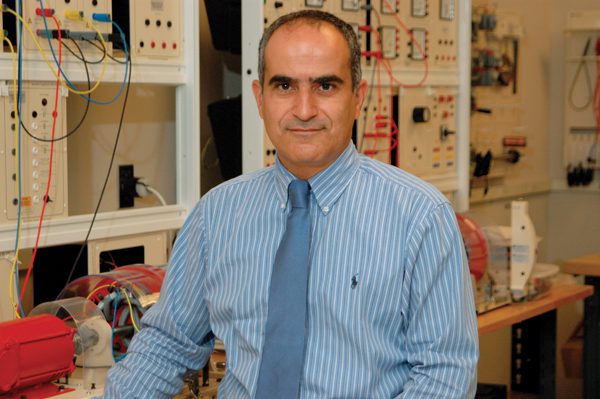
Dr. S. Zia Salami
Associate Professor of Electrical and Computer Engineering
Ph.D. in Electrical Engineering, North Carolina A&T State University, 1998
Dr. Salami has more than 12 years of domestic and international industry experience in the nuclear power and energy market working with AREVA Inc. He is senior expert in electric power system design, analyses, planning, network modeling, simulation, and network protection and control.
Research interests:
- Power quality and control
- Electrical generation and distribution system design, dynamic modeling and analyses
- Transient and switching problems in power systems
- On-line/real-time monitoring systems
- Transmission and distribution system design, optimization and evaluation
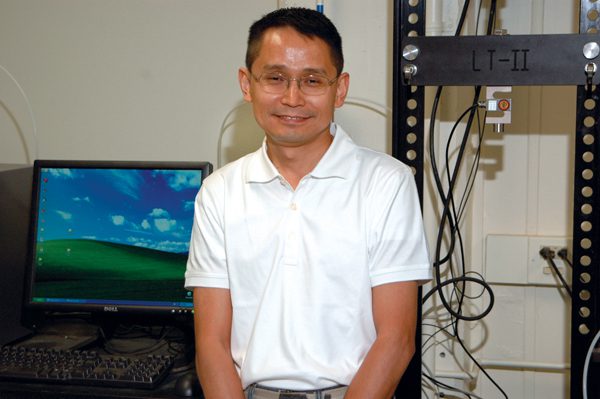
Dr. Youngjin Park
EPIC Laboratory Engineer
Ph.D. in Civil Engineering, Virginia Polytechnic Institute and State University, 2004
Dr. Park’s expertise is geotechnical engineering with emphasis on laboratory and field experimentation, sensors and instrumentation for short- and long-term monitoring. Examples of recent research topics include resilient modulus testing, erosion protection of dams through adequate filter materials, and the modification of a new resonant and torsional shear testing device.
Research interests:
- Instrumentation of large-scale structures
- Development and improvement of data collection and visualization
- Development of new types of laboratory equipment and testing methods
- Fundamental soil behavior using advanced sensor technology
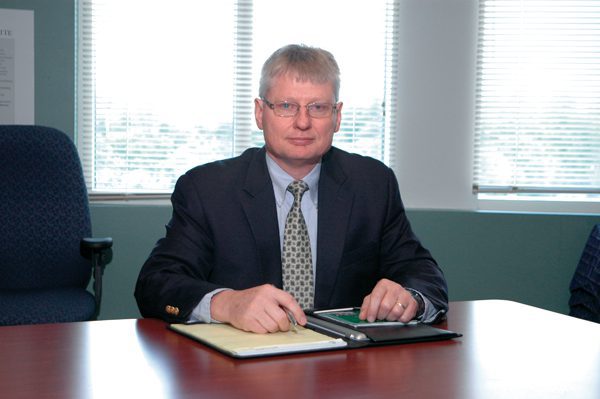
Dr. Johan Enslin
Director of EPIC and Professor of Electrical and Computer Engineering
Ph.D. in Electrical and Electronic Engineering, Rand Afrikaans University (RAU), Johannesburg, South Africa, 1988
Dr. Enslin has a long history in industry and academia, and his research and study concentration area is electric power systems and power electronics. He spent most of his career in the power system area and the past 10 years specifically integrating high levels of solar and wind power into transmission and distribution systems.
Research interests:
- Renewable energy integration and mitigating the intermittency impacts
- Power electronic applications in utility systems, i.e. FACTS devices and HVDC networks
- Smart grid and highly distributed energy resources
- Energy storage systems
- Energy markets
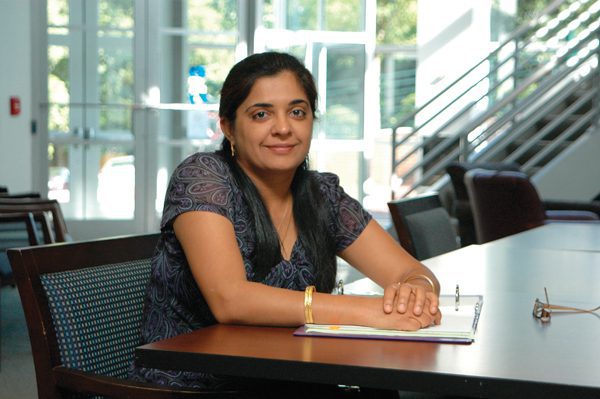
Dr. Parminder Juneja
Assistant Professor of Engineering Technology and Construction Management
Ph.D. in Integrated Facility Management, Georgia Institute of Technology, 2010
Dr. Juneja’s research area is high-performance and healthy indoor environments. Her research involves multi-criteria decision modeling and knowledge-based approaches to exploration of adaptive designs, technologies and personal controls for such environments.
Research interests:
- Decision-based inquiry and design
- Evaluation of indoor environments
- Auditory distractions in indoor environments
- School facilities: teacher and children well-being
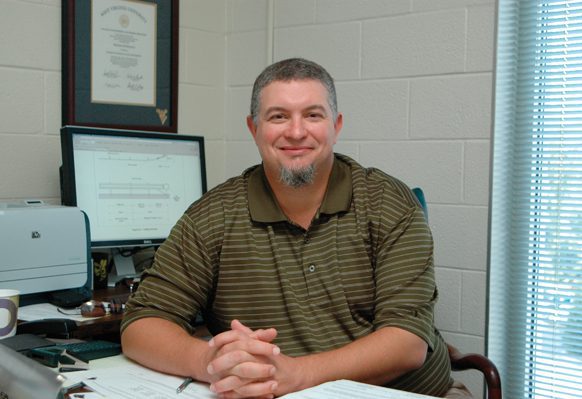
Dr. Thomas Nicholas II
Assistant Professor of Engineering Technology and Construction Management
Ph.D. in Infrastructure and Environmental Systems, UNC Charlotte, 2011
Dr. Nicholas’ research and study concentration area is in structural/bridge rehabilitation, rating and performance. Current efforts include the performance of CFRP rehabilitated, reinforced concrete subjected to a high-temperature environment, behavior of bridge substructures in extreme scour environments, and rapid rehabilitation of highway structures.
Research interests:
- Behavior of fiber reinforced polymer systems in adverse environments
- Bridge substructure and superstructure performance
- Optimized management systems for bridge replacement/rehabilitation
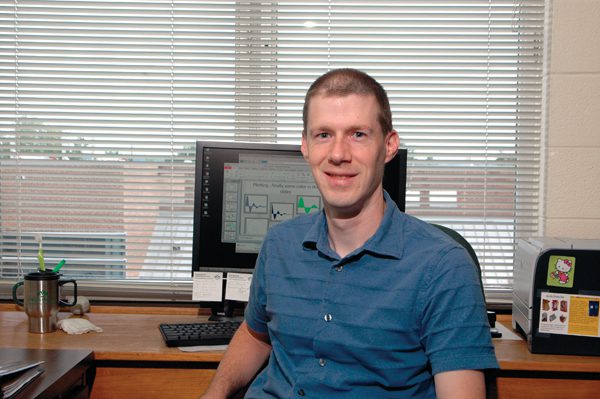
Dr. Wesley Williams
Assistant Professor Engineering Technology
Ph.D. in Mechanical Engineering, UNC Charlotte, 2009
Dr. Williams’ research is focused on the development of additive manufacturing processes that produce near net shape parts with minimal intermediate or post processing operations. Advances in these technologies will result in functional parts with complex geometries that are manufactured directly from digital models with less time and waste than traditional processes.
Research interests:
- Additive manufacturing
- Non-destructive testing
- Computer-aided design
- Automation
- Instrument design
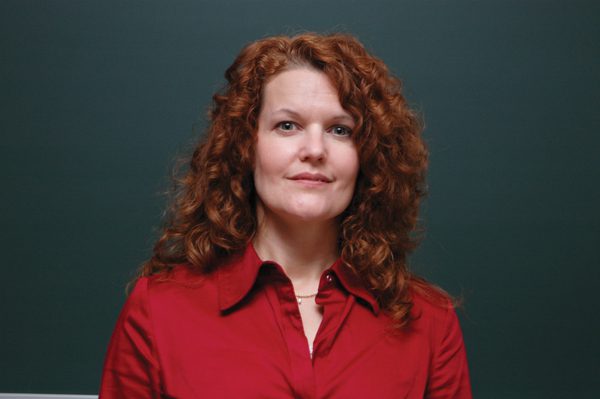
Meg Harkins
Director for Freshman Learning Community, Lecturer/Advisor, Office of Student Development and Success
Master’s in Environmental Science, Drexel University, 1997
Ms. Harkins comes to the Lee College of Engineering from the private sector, where she owned her own business, Waste Permit Solutions, which provided environmental consulting and permitting work for trucking companies. She is the director of the engineering Freshmen Learning Community, is teaching Introduction to Engineering 1201 and is providing advising for freshmen engineering students.
Research interests:
- Environmental science
- Environmental law
- Environmental permitting
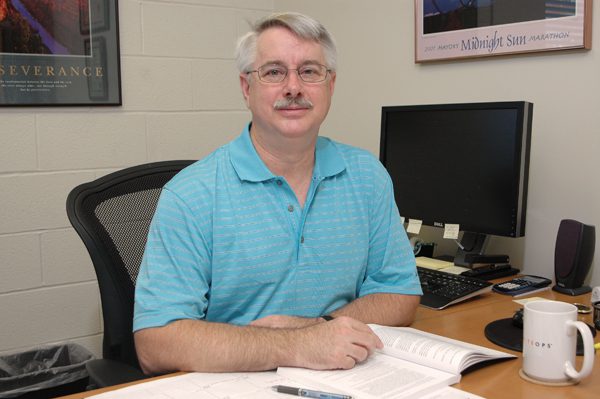
R. Daniel Latta
Lecturer/Advisor, Office of Student Development and Success
Master of Civil Engineering, NC State, 1979, and MBA, UNC Chapel Hill, 1982
Mr. Latta comes to UNC Charlotte with more than 30 years of experience as a consulting engineering in the disciplines of water and wastewater, airport design, land development and storm water management. He is a registered professional engineer in North Carolina, South Carolina and Virginia, and a registered land surveyor in North Carolina. He is teaching Introduction to Engineering 1201 and is advising freshman engineering students.
Research interests:
- Water resources
- Economics
- Land Development
- Airport design
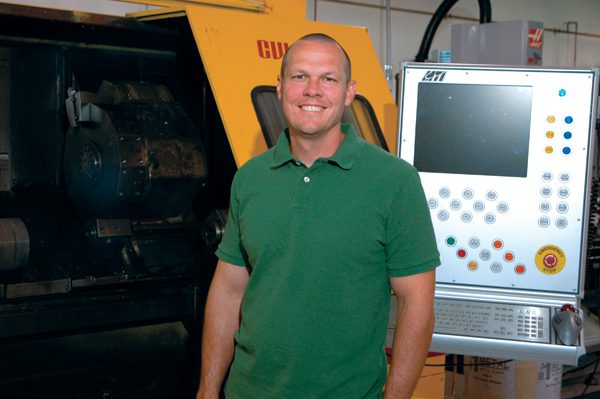
Dr. Tony Schmitz
Associate Professor of Mechanical Engineering and Engineering Science
Ph.D. in Mechanical Engineering, University of Florida, 1999
Dr. Schmitz’ research area is precision manufacturing. He has explored the role of process dynamics in machining productivity, including the application of Bayesian inference to incorporate prior knowledge and uncertainty. He has also studied displacement measuring interferometry and the limitation imposed by periodic error.
Research interests:
- Machining dynamics
- Laser micromachining
- Manufacturing process modeling
- Interferometry
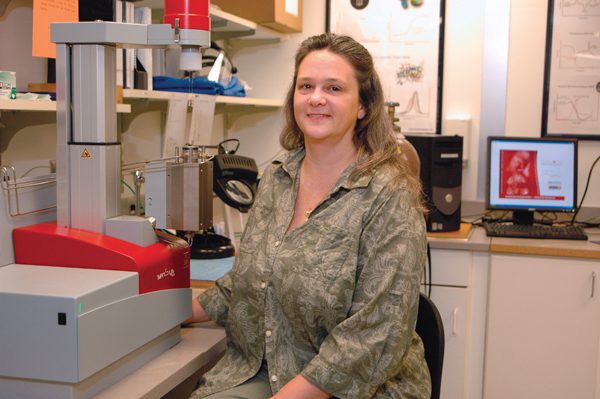
Dr. Katherine D. Weaver
Materials Characterization Laboratory Manager
Ph.D. in Chemistry, Duke University, 2008
Dr. Weaver’s background is in bioinorganic and biological chemistry. Her research interests include using microcalorimetry to investigate the stabilizing effects of ionic liquids in protein therapeutics.
Research interests:
- Physical and chemical analyses of natural and synthetic fibers
- Thermodynamic and kinetic analyses on anion and metal insertion
- Determination of oxidation-reduction potentials for hemoglobin-based oxygen carriers using spectroelectrochemistry